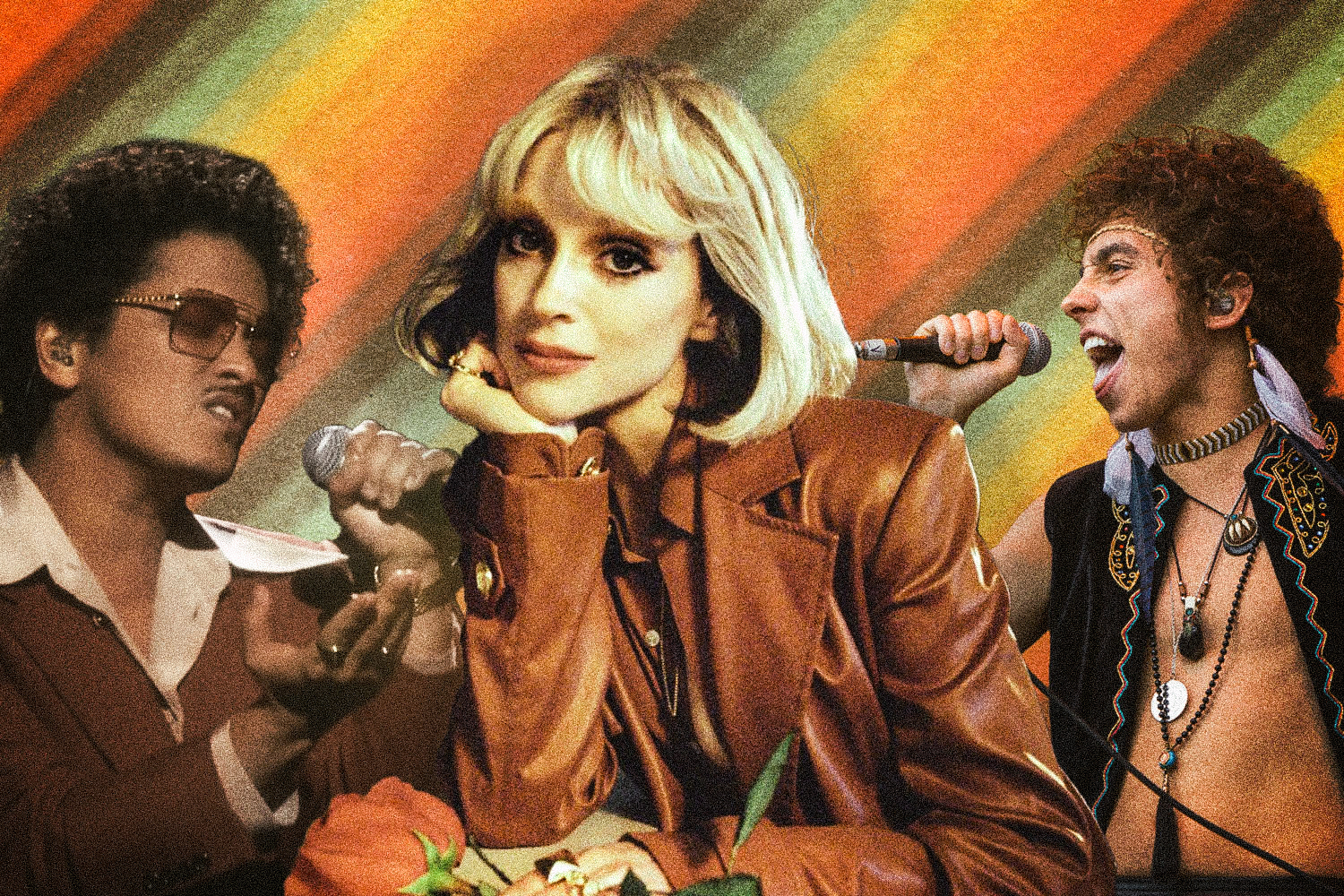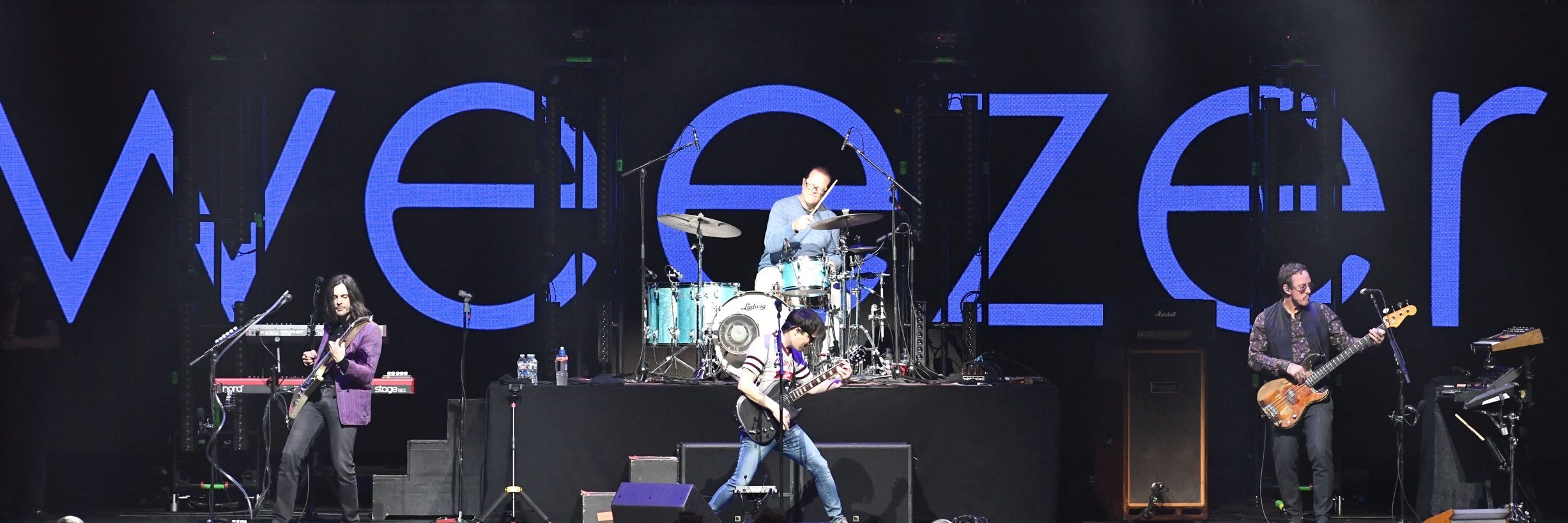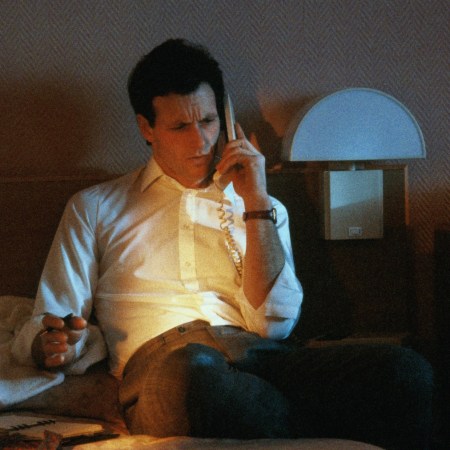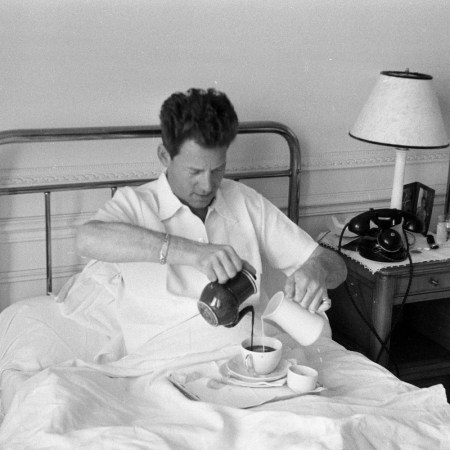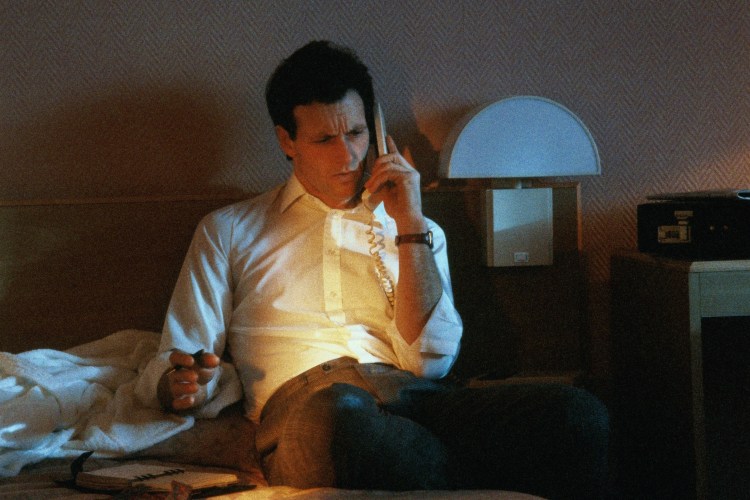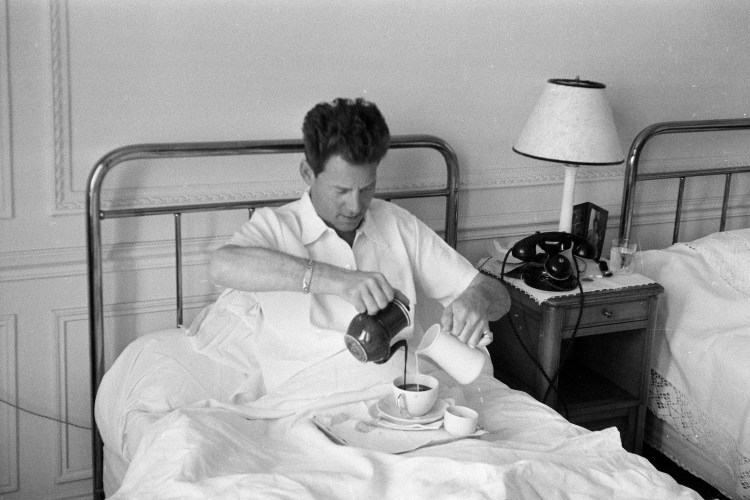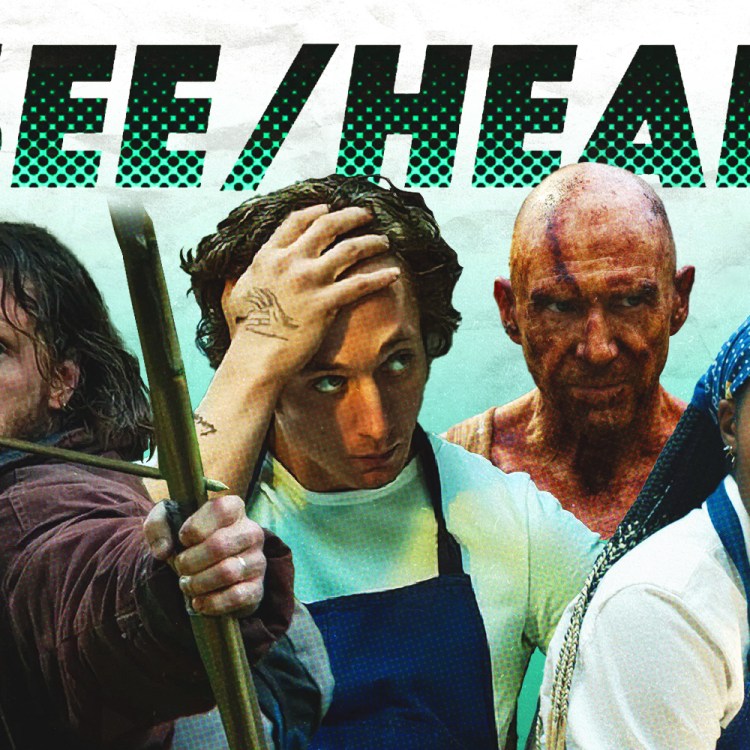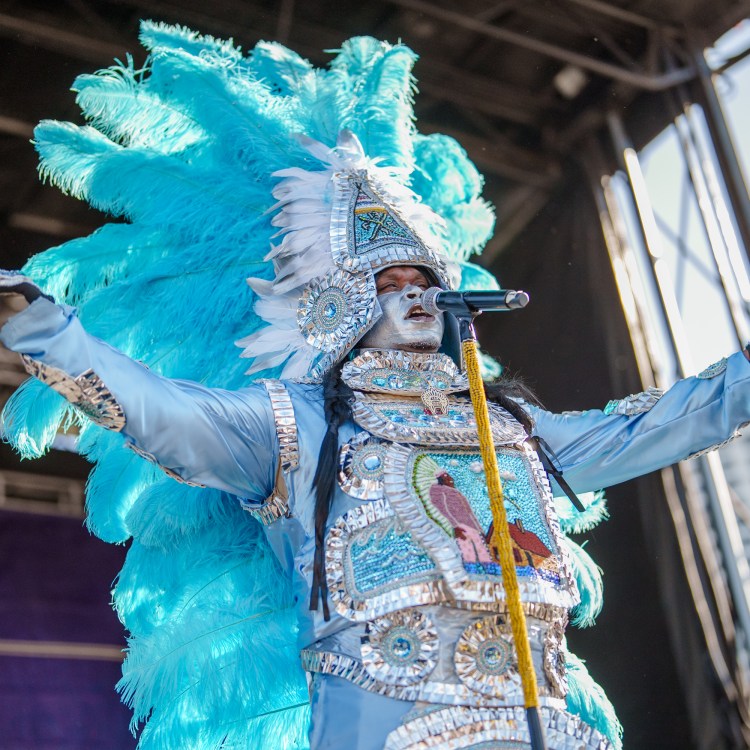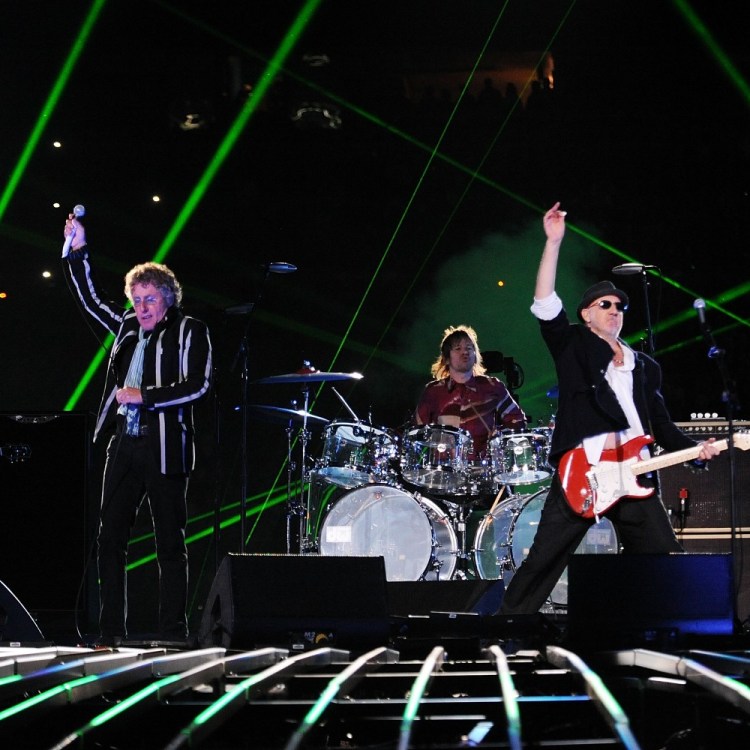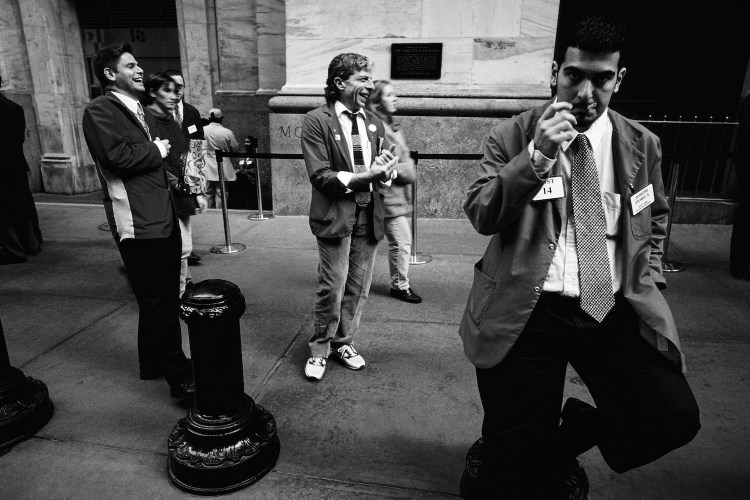When I was in high school in the early-to-mid-’00s, I went through a brief phase where I was obsessed with a band called The Redwalls. They were a local group who had started out playing in bars as a Beatles cover band, and they weren’t much older than I was when they were signed to Capitol Records and thrust into a short-lived brush with fame that included late-night TV appearances, European tours opening for the likes of Oasis and festival gigs before they eventually fizzled out and broke up. Their original material bore a heavy resemblance to the work of their British Invasion influences, and they dressed the part — shaggy haircuts, long sideburns, tight pants, Beatle boots — so naturally, they were plagued by questions about authenticity and claims that they were too derivative. (Why, people wanted to know, were four guys born and raised in the Chicago suburbs singing in British accents?)
At the time, I was unbothered by the criticisms hurled at them. I couldn’t see how the way they wore their influences on their sleeves was any different than the ways other popular rock groups of the era like The Strokes and The White Stripes did. Oh no, they sound too much like one of the best bands of all time, I’d sneer when confronted with the fact that lead singer Logan Baren was perhaps just doing a too-accurate John Lennon impression. How awful. Eventually, I got older, my interest faded, and I could see that the questions about their authenticity were, in fact, fair ones.
I thought about The Redwalls a lot last week when I was sifting through all the hate-mail I received from Greta Van Fleet fans after writing a piece called “I Regret to Inform You That Greta Van Fleet Made a Salient Point About Rock ‘n’ Roll.” Many of the comments I received were what you might expect: some calling me out for being unnecessarily snarky, some calling me a dumb bitch who doesn’t understand rock ‘n’ roll, some insisting (wrongly) that the band fronted by Josh Kiszka sounds nothing like Led Zeppelin. But what was most fascinating to me was the assertion from several GVF fans that I was simply not the right age to truly “get” the band. (I’ll be 33 in August.) Some claimed I was too young, that I could never understand their rock bonafides because I didn’t live through the ’60s and ’70s — never mind that Greta Van Fleet themselves don’t have a single member over the age of 25. Others insisted I was too old to appreciate them. That puzzled me at first, until I remembered being 14 or 15 — having only started listening to the Stones and the Beatles and all the Redwalls’ other obvious influences just a few years earlier — and being thrilled that I could hear some classic rock in a contemporary band’s sound. I didn’t care that The Redwalls sounded like they were aping old bands because those old bands were still new to me.
Perhaps getting a little nostalgic for a time when I was younger and less jaded, I decided it was only fair for me to give Greta Van Fleet another shot and listen to their newest album, The Battle at Garden’s Gate. Was I being too harsh?
Unfortunately — get that hate mail ready — the record did absolutely nothing to convince me that Greta Van Fleet are anything more than skilled copycats. They’ve broadened their horizons a bit here to include a little more acoustic guitar and some lush string arrangements, but ultimately it all still falls squarely within the aesthetics of Zeppelin and Rush, one of their other big influences. Greta Van Fleet clearly deserve credit for being technically proficient enough to successfully mimic their rock heroes, but Kiszka’s falsetto and all the blues-rock riffs can’t mask the fact that they’re all style and little substance. Lyrically, there’s not much that jumps out here, except for on tracks like “My Way, Soon,” where the words stand out for being so painfully dumb. “I’ve seen many people / There are so many people / Some are much younger people, some are so old,” Kiszka sings. Which … I suppose is a fair point? Even the failures on The Battle at Garden’s Gate feel calculated, though: The back half is bloated in the exact way so many self-indulgent efforts from the ’70s were. (Yes, it wraps up with a nine-minute song that features not one but two false endings.)
To be clear, no one is expecting every contemporary rock band to be totally groundbreaking, and it’s completely natural for groups to borrow from the icons who came before them, but the key is to blend those influences together and add in a little bit of a modern perspective to hopefully come up with something unique. That’s how the genre keeps moving forward, thriving and proving Gene Simmons — who recently declared rock to be “dead” — wrong.
“Maybe the world of rock [Gene] remembers is dead…I don’t know,” Kiszka said in response to Simmons’s comments. “I think rock ‘n’ roll is a very elastic genre, it’s a very eclectic genre. It seems like every once in a while, a generation reinterprets what that is. And I’ve heard a lot, throughout the years, I guess people blowing hot air about … I think rock ‘n’ roll can become dormant, but you can’t kill something that supersedes time. It’s an attitude and a spirit and a celebration. I think people pass the torch and time moves on.”
He has to be at least a little self-aware, right? There’s no way Kiszka can talk about generations keeping rock alive by reinterpreting it without realizing that his band makes records that refuse to acknowledge the past 40 years of musical evolution even happened? Perhaps one day in the hopefully-distant future, being a skilled rock technician will be enough, and cultured folks will gather in concert halls to listen to some band play “Black Dog” note-for-note the way we watch classical musicians perform Bach or jazz instrumentalists play Charlie Parker. (There are, of course, countless contemporary artists in those more niche genres that continue to innovate with their original material today, but there’s also the understanding that simply being able to expertly perform those masterworks requires vast talent and is worth the price of admission.) But we’re not there yet, and if Greta Van Fleet want to stop being accused of ripping off Led Zeppelin, they need to broaden their horizons, heed their own advice and get to reinterpreting.
They won’t, of course. It’s hard not to be cynical and feel as though everything about Greta Van Fleet — the music, the costumes, even the backlash against them — is crafted intentionally to appeal specifically to people who are too young to know that they’re derivative and people who are too old to care because they remind them of when they were young. They’re designed to be regurgitated by algorithms, worming their way onto “Recommended If You Like…” playlists and nabbing themselves the No. 1 rock album in the country without so much as an original thought. They themselves are still young — old enough to know exactly what they’re doing, but still with plenty of time to course-correct, which they’ll need to do if they stand any chance of being remembered as more than a Redwalls-esque blip decades from now.
This article was featured in the InsideHook newsletter. Sign up now.


